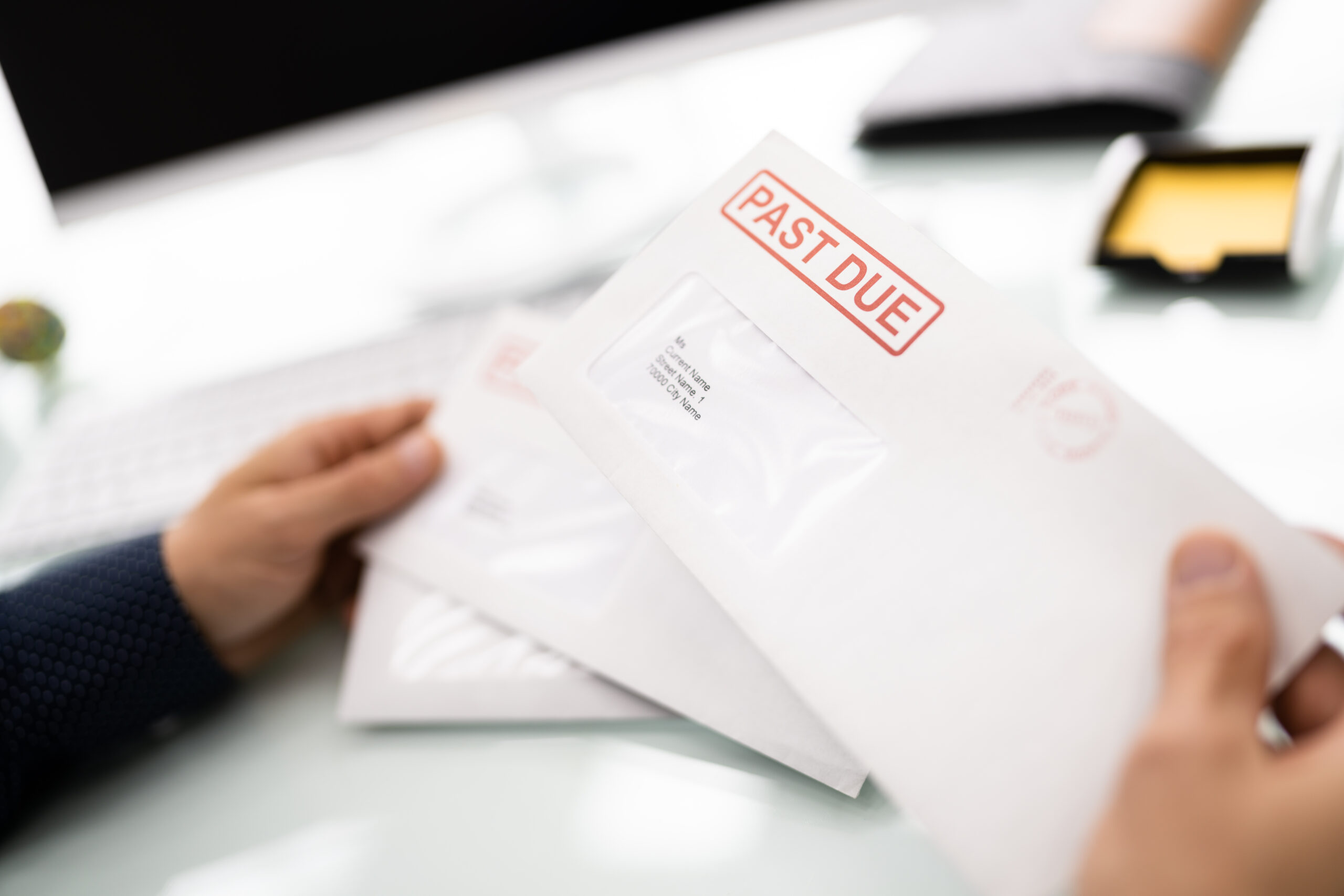33K
Here’s What Will Happen If You Don’t Pay Your Taxes
Did you forget to file your taxes on time? Are you worried you don’t have the money to pay your taxes? If so, you might be tempted to ignore the issue and hope it goes away. However, this is one of the worst things you can do.
Not paying your taxes has many consequences, and at the end of the day, the IRS has many ways to force you to pay them the money they are owed in addition to the penalties and interest that accrue.
#1 The IRS Will Send You Notices
When you don’t pay your taxes on time, the first thing that will happen is the IRS will send you notices. These are essentially letters that state your balance and notify you of the amount you owe. While these IRS notices might seem like a minor nuisance, they are still very important and should not be ignored. If you continue to ignore your taxes, there will be more severe consequences to follow.
#2 You Will Be Put in Automated Collections
The IRS has its own system called the IRS Automated Collection System (ACS), which helps it keep track of all the people who haven’t paid their taxes. This process includes issuing liens and levies. If you don’t pay your taxes and ignore the notices, you will be put in this system, and they will continue to chase you down until you pay what you owe.
#3 The IRS Can Take Your Tax Refunds Or Credits
The IRS also has the right to take any tax refunds or credits that you may get in the future in order to pay down the amount you owe them. They will keep your tax refunds and credits whether or not you agree to pay them.
#4 You Will Owe Interest
Paying your taxes can be a drag, but what is worse is paying unnecessary interest on your taxes simply because you didn’t pay on time. The longer you wait to pay your tax bill, the more money you will owe. The IRS charges 5% annual interest, so be sure to pay your tax as soon as you can to prevent paying more than you need to.
#5 You’ll Have to Pay Penalties
Not only do you have to pay interest, but you also have to pay penalties to the IRS for failure to pay your taxes. The penalty is 0.5% each month, but the longer you wait to pay it, the more it will be. For instance, if they have sent you many notices, they can charge you up to 1% a month. As soon as you realize you cannot pay your taxes, the best thing to do is contact the IRS to set up a payment plan. Once you set up a payment plan, the penalty rate will decrease to 0.25% per month.

#6 Your Assets Might Be Seized (Levy)
Did you know the IRS can seize your assets? After ignoring the IRS, they are able to issue a levy and seize your assets, including funds from your bank, car, boat, or real estate. To issue a levy, the IRS needs to send out a notice demanding payment. Once the final notice is sent, you will have 30 days to request a hearing to appeal the levy. While they rarely ever take property or physical items, they can take money from your bank account and even take the money you earn as a business.
#7 The IRS Can Garnish Your Wages
In addition to taking your property, the IRS can also garnish your wages. This is where the IRS gets a court order, which demands your employer hold a portion of your earnings until the tax debt is paid off. The IRS does not have to adhere to the typical garnishment cap of 25% of disposable income. Instead, they come up with their own calculations to determine the amount taken from each paycheck. If you receive notice of wage garnishment, you should negotiate with the IRS to lower the amount being garnished in order to avoid financial hardship.
#8 Your Case Can Get Sent To A Debt Collection Agency
After a few years of being in tax debt, the IRS can send a private debt-collection agency after you. They will continue to call and send you letters until you pay back the debt. This can lead to many years of annoyance. You can negotiate the amount owed with the collection agency, but they usually charge more than what was originally owed. Of course, it is always best to pay your taxes before it gets to this point.
#9 Your Credit Score Can Be Affected
Got sent to collections? Unfortunately, getting sent to collections is one of the worst things that can happen to your credit score. Your credit score plays a significant role in your ability to get a good loan or mortgage. Once your credit score is negatively impacted, it is very hard to get it up since you will have the mark on your credit score for 7 years.


